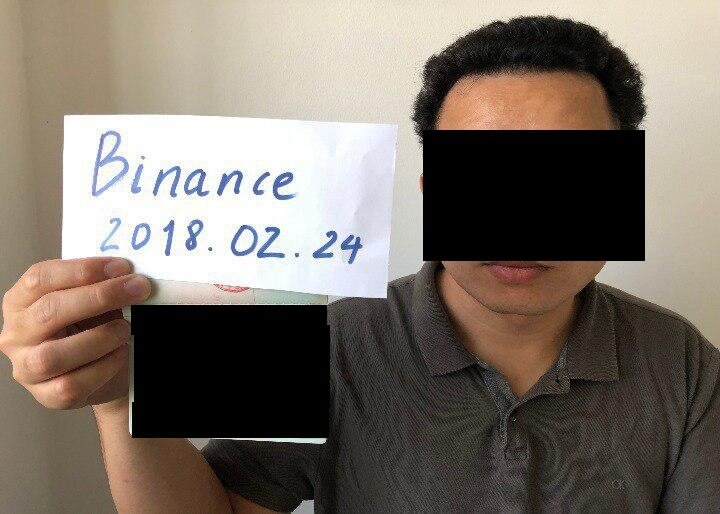In the crypto world, regulations are constantly advancing. More and more crypto exchanges now have to offer so-called KYC and AML in order to continue operating legally in their country. If they refuse to do so, they often face severe penalties and even permanent bans. But what do terms such as KYC or AML actually mean?
As the title suggests, KYC is an abbreviation for "Know your Customer". In other words, "Know your customers". You will encounter KYC procedures whenever you want to register on a new exchange. In a procedure, the customer must first prove their identity using ID documents. The following documents can be used for this purpose:
One way to use the KYC process is to upload documents on the exchange website or email them to the operator. Nowadays, however, this procedure has become rather uncommon. The video identification procedure is now a more widespread method of verifying a customer's identity.
In a face-to-face conversation via webcam or cell phone camera, the customer has to undergo various tests with a customer advisor to check the security features of the ID document and prove that the other person is actually the person he or she claims to be.
With the help of KYC procedures, the merchant receives as much information as possible about the customer. However, KYC is also intended to help protect against fraud, money laundering or illegal activities, which is why the legislator has now made this procedure mandatory.
Guidelines, laws and regulations that serve to prevent financial crime are summarized as AML (abbreviation for Anti-Money Laundering). The AML guidelines are country-specific and global companies must ensure that they comply with the guidelines of all countries in which they operate. To this end, supervisory authorities establish AML procedures (e.g. Know Your Customer Policy) that companies must adhere to.

Most people have no problem registering via a KYC procedure. However, you shouldn't entrust your data to just any credit card exchange. If you look at the past, customers' sensitive data has increasingly been handled improperly. For example, ID card or passport data was stolen on the largest exchange Binance as a result of hacker attacks.
At Coinbase , KYC data was simply sold on via third-party providers such as Coinbase Ellipse and Chainalysis. Such improper handling of sensitive data makes many users angry and reduces their trust in the relevant exchanges.
Source: https://www.btc-echo.de/breaking-massiver-datenleak-bei-bitcoin-boerse-binance/
Basically, you have few options for buying cryptocurrencies without a KYC procedure. For this reason, you should always pay attention to which exchange you buy Bitcoin & Co from. It's best not to register with just any exchange. As a rule, large exchanges are safer than small ones.
But there are also exchanges where you can trade KYC-free. Decentralized exchanges such as "Bisq" have been on the rise for some time. Providers such as Relai.ch or Pocket offer a so-called "light KYC" when buying bitcoins. You verify yourself via a bank transaction and can even useDCAto set up recurring monthly Bitcoin purchases. If you want to find out more about Relai.ch, you can watch the following interview by Roman with the founder, Julian Liniger:
Another alternative is to buy cryptocurrencies via Bitcoin ATMs. You can find suitable ATMs in your area via the coinatmradar.com website. However, the increased privacy often comes at a higher price. The fees at these Bitcoin ATMs are usually significantly higher than at normal brokers or exchanges.